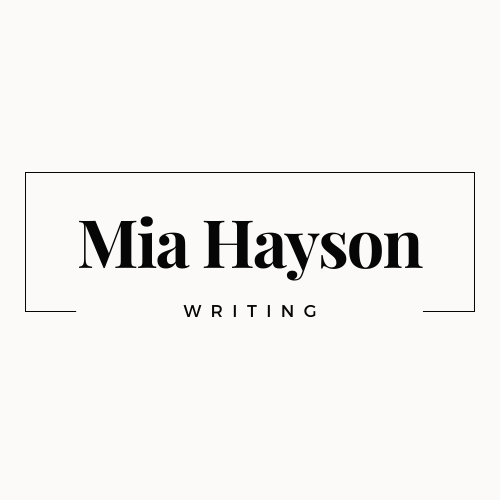I’m a fan of unreliable narrators. Not simply because I love having a story with duplicity in it but also because it creates intrigue and suspense in a story. Unreliable narration tends to happen most often with first-person POV, and all first-person narrators are unreliable to a certain extent, but those who lie in a big way somehow really interest me. I don’t think any one of us likes to be lied to in real life, and yet duplicity is something we can all connect with. We’ve all been lied to at some point on this Earth. It’s unavoidable. So how can we write the unreliable accounts?
First
The very first thing to do is really consider whether you need an unreliable narrator. I think the art of misdirection and duplicity works best when there is a strong reason for it. Maybe your character has suffered, and that suffering has caused them to lie to themselves just to keep going. Maybe lying to themselves is how they get over their biggest flaws, their own weaknesses.
The movie Logan comes to mind: Logan is a character whose lying is justified, and to an extent, he lies to himself every day. Somehow, his unwillingness to see things as they are connects us to him closely, as if there were a string tied from the lowest rung on our ribcage to his own, and he was yanking on it as he spoke.
Lies can be powerful, but I think they’re only as powerful as their reasons. The better the reason, the more powerful the reveal. All first-person narrators are unreliable to a point, and that’s what draws me most to the POV, so if you don’t have a good reason, remember that we all lie to ourselves a little bit sometimes just to get through.

Second
It’s important to know that unreliable narrators don’t have to blatantly lie to be unreliable. A lie by omission is still a lie. A lie by twisting words is still a lie. There are a thousand ways to lie to yourself in this world, and your narrator might use any of them. Sometimes, instead of an omission, a writer might hide the truth in a long list of other descriptions so that it seems inane and shows us how the narrator is not paying attention. It’s been a while since I’ve read a book like this, although the beginning of Before I Fall by Lauren Oliver springs to mind as one of my favourite examples of this — Samantha Kingston thinks her life is perfect until she sees everything for what it is when she dies in a terrible accident…
Third
Some narrators don’t know they’re lying. Oh, the delicious bittersweet taste of when a character discovers they have been lying to themselves! The heartbreak! The confusion! It’s hard to give people book recommendations when it comes to this because, often, the very point of these books is the reveal. Knowing what is coming sometimes spoils the power of the book.
Fourth (and final)
Remember not to cheat the reader. It’s important to intersperse at least a few clues along the way that the narrator isn’t reliable. These can come from conversations or descriptions that don’t quite add up. They allow the reader to feel like, yeah, okay, you lied to me, but if I’d just paid attention, I could have seen that myself. A book is a contract between a reader and a writer; it’s an act of faith on both sides, and that means you need to give readers a fair chance to solve the puzzles you create. Otherwise, why would they ever read anything from you again?









POST COMMENT